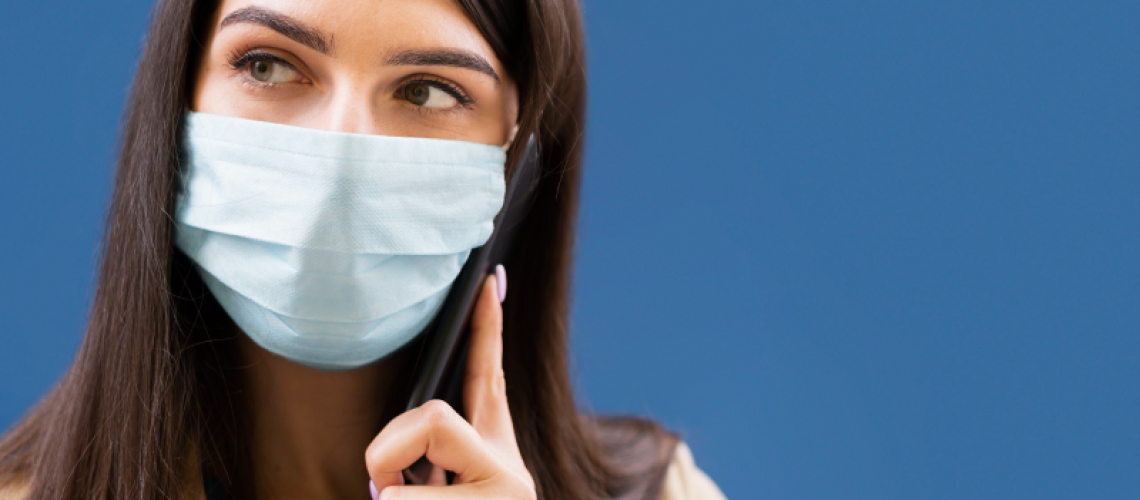Returning to work after the COVID-19 lockdown promises adjustments for employers and employees. Therefore, interrupted businesses that wish to resume normal activities need COVID-19 preparedness and response plans that include the following:
- Activation of PPE (personal protective equipment) and hand sanitation policies specific to the workplace Identification of areas and tasks most at risk of COVID-19 exposure
- Adoption of control measures to prevent the spread of COVID-19
- Communication planned changes to employees (invite their input)
Further, OSHA guidelines provide more specific information on reducing exposure, including the spread of the virus by asymptomatic workers.
Have Employees Return in Phases
According to WedMD, the following steps can help businesses open their doors in a phased manner to reduce the risks of spreading COVID-19:
- Disinfect each area before workers come back after a lockdown
- Change workstations and other work areas to facilitate social distancing of at least six feet
- Screen employees for illness
- Have a written policy for how to deal with employees who are ill
- Conduct contact tracing for sick employees to isolate other employees who are at risk of getting and spreading COVID-19
- Share resources to help employees maintain good mental and emotional health during the pandemic and other crises
- Communicate the return-to-work strategy so that employees will be ready to return to work
Although hand and respiratory hygiene are paramount, too many employers are not doing enough to preserve indoor air quality.
Click here to learn how to highly improve your indoor air quality!
Preserve Indoor Air Quality
Preserving indoor air quality against common infections and viruses involves taking additional precautions, just as hand hygiene and social distancing help prevent the spread of the coronavirus. The coronavirus causes flu-like symptoms that can lead to pneumonia, complications and even death.
Additionally, coronavirus spreads through bodily fluids and from direct contact with contaminated surfaces.
Airfree TSS Technology
Airfree reduces the level of microorganisms in an enclosed workplace. Although the company can’t guarantee that all microorganisms will be killed by its products, its air purifiers significantly improve indoor air cleanliness. Airfree purifiers use high temperature to denature proteins in viruses and other microorganisms.
Examples of viruses killed by heat exposure include:
- The SARS and MERS viruses, also caused by coronaviruses, have temperature sensitivity proteins in the envelop that fall apart above 149°F
- Some proteins from influenza viruses are vulnerable to temperatures between 131°F and 158°F
Airfree’s internal temperature reaches temperatures of 400º F.
Hand and Respiratory Hygiene
The World Health Organization recommends taking the following precautions to reduce the risk of coronavirus transmission:
- Create hand sanitation stations to encourage employees to practice good hand hygiene
- Wear face masks to contain germs and viruses
- Cover coughs and sneezes with a tissue and sanitize hands immediately
- Seek medical attention for difficulty breathing or a high temperature
- Avoid raw meat and handle animal organs with great care to avoid cross-contamination
- Many employers are also posting signs in breakrooms, restrooms and entryways to remind them to constantly practice good hand hygiene.
Other Ways to Improve Indoor Air Quality After the Lockdown
Luckily, you can improve air quality and improve employees’ health in the office or at your retail store. Here are easy solutions to create a healthier business environment:
- Make sure all air vents remain open and unblocked.
- Change air filters in the HVAC system frequently.
- Maintain a humidity of 30 and 50%. This reduces the number of mold, dust mites and allergens in the air you breathe.
- Clean spills right away. Residual dampness facilitates the spread of mildew and mold, causing health risks in the office.
- Add some office plants. Plants can help in the well-being and health.
- Let in fresh air. If your office has windows that open, let in fresh air when the weather permits. Keep airflow going strong can help reduce the accumulation of microorganisms such as the coronavirus on surfaces and in the air.
- Keep your office clean.
- Clean your air ducts frequently.
By making and following solid policies, you can significantly decrease the risk of your employees getting sick and spreading the coronavirus.



One Response
It’s truly very difficult in this busy life to listen news on Television, therefore
I just use internet for that purpose, and obtain the newest information.